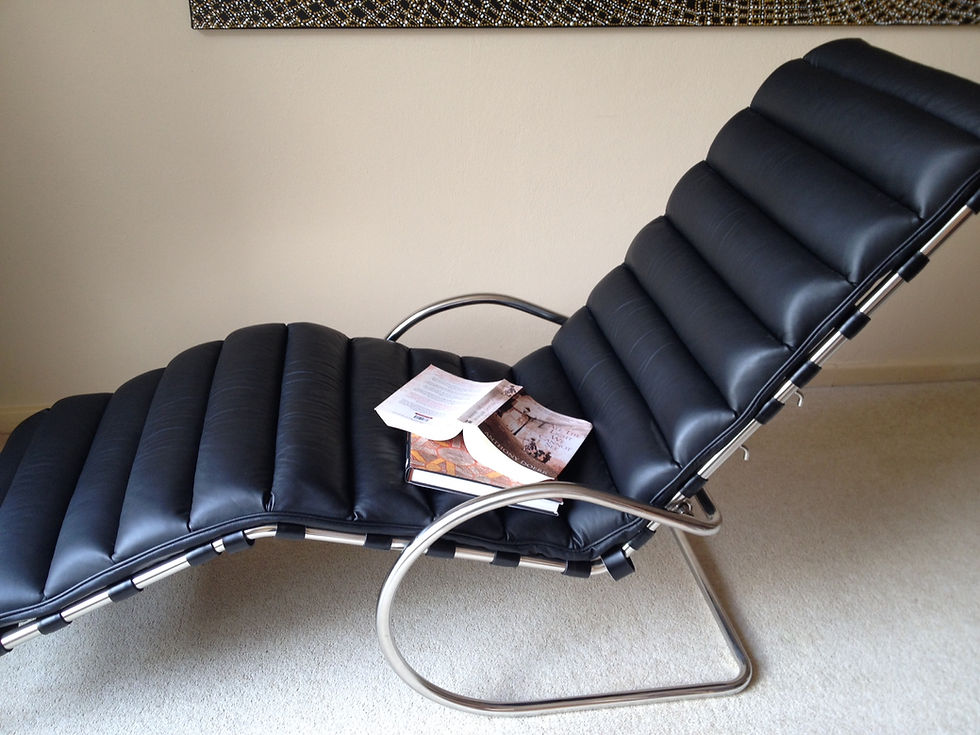Why Writers Should Read
- albooth11
- Jun 4, 2015
- 2 min read

Should you read if you want to write? Maybe you’ve been told that reading someone else’s work will stifle your unique voice. If they have, don’t you believe it. It’s much more difficult to write good novels if you don’t read fiction.
Once you’re a writer, you realise how much more you have to learn. Reading a book – any book – becomes more than an escape. You read not to copy but to absorb, and to become more analytical about the craft.
Read good books, ordinary books – and perhaps even a few bad books – and see what you gain from the experience. Inevitably the way a writer reads a novel will differ from the way a non-writer reads a novel. Of course as a writer you’ll still be looking for distraction and a journey into another world, but you’ll also be refining your technical skills. Does this spoil the reading experience? No. It deepens it as you become more alert to the tricks that other writers use, and sometimes to their sheer brilliance.
Be tempted outside your usual sphere of interest and you might have some wonderful surprises. I love being lent or given books by friends I trust. That way you’re introduced to novelists whom you mightn’t have come across before. Recently a friend recommended Anthony Doerr’s book, All the Light We Cannot See, a novel with an innovative structure, beautifully crafted language, and a plot that blew me away.
Before I became a writer, I used to feel really annoyed if I bought a book and found I couldn’t finish it. Now I’m rather less bothered. When you’re about to chuck a book into the recycling bin, stop for a moment and consider. Was it poor characterisation that made you want to hurl the book away? Was it because there was no tension and no narrative drive? Was it all tell (Joe did this, then he did that…) and no show? Was the clunky dialogue a turnoff, or the trite descriptions? Did a shifting point of view irritate or confuse you?
Sometimes I reread books that I’ve enjoyed in the past, and find I’ve become more alert as to why I love them. Do you find you’re pulled in by the original use of language? The plotting? The characters? The framing incidents? The humour? Is the structure of the book linear, or is it shifting about in time? And which do you prefer? Or perhaps it’s the variation in sentence length or rhythm that appeals. Or a combination of all of these factors.
If you’re driven to write, enjoy it – and the related reading – to the full. One of the joys of being a writer is that you can tell people that you’re working when you’re lying on the couch reading a novel.
And you are, aren’t you?
This is a significantly revised version of my 2013 post at http://writingnovelsinaustralia.com/2013/03/05/why-writers-should-read-by-alison-booth/






















Comments